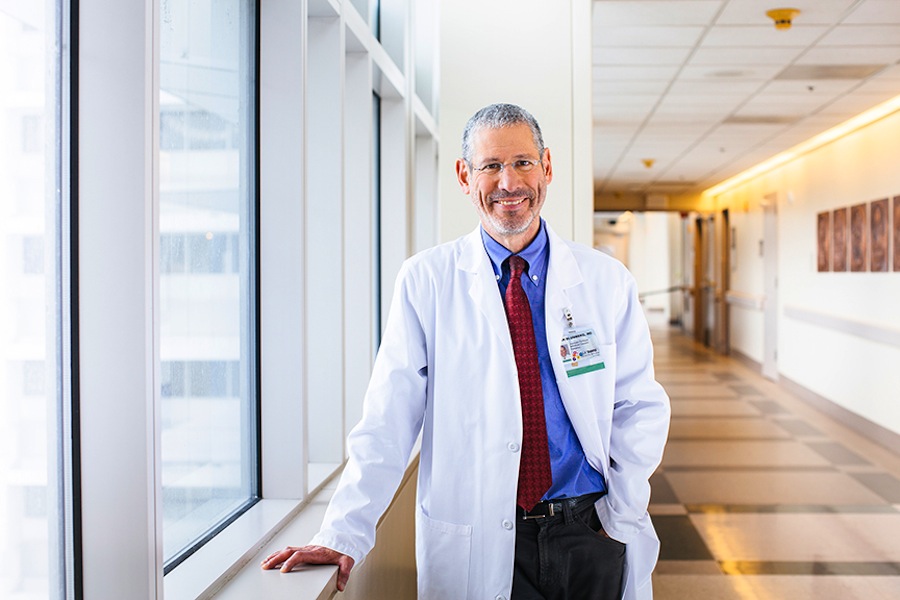
UC Davis, national cancer centers highlight the importance of HPV vaccines
Human papillomavirus (HPV) is a virus that infects human cells, and also serves as the cause of about 5 percent of all cancers. UC Davis and other national cancer centers endorsed the HPV vaccination in January 2017, contributing to a nationwide effort in combatting the rise and commonality of HPV-induced cancers.
“HPV is the most common sexually transmitted disease, about twenty million Americans are infected,” said Jyoti Mayadev, an associate professor at the UC Davis Department of Radiation Oncology.
Oftentimes, people become infected with HPV without even knowing it. The issue that arises with this is that the HPV infection unintentionally continues to get spread amongst people.
Without routine pap tests, there is not a totally accurate way of determining if a person carries HPV, even though almost anyone who is sexually active is susceptible to this infection, which can then turn into cancer later on.
“Progression [of HPV into cancer] depends on the type of HPV strain and on the unique characteristics of the individual who is infected,” Mayadev said. “The longer the virus is present, the higher the potential for a cancer to develop.”
The UC Davis Cancer Center, along with other national cancer centers, endorsed an increase in the amount of HPV vaccinations in order to combat the possibility of cancer from the start. HPV vaccinations will allow individuals to reduce their chances of getting HPV-related cancer, as the vaccinations prevent HPV before engaging in sexual activity.
“HPV infections are associated with many different cancers,” said Dean Blumberg, an associate professor and chief of pediatric infectious diseases at UC Davis Children’s Hospital. “There are different types of HPV strains that lead to these cancers.”
HPV infections are often linked to cervical cancer in women, but this is not the only cancer that can arise from HPV. The human papillomavirus is a risk for both men and women. While the protection against cervical cancer is stressed, males are equally at risk for these HPV-related cancers.
“Even though [HPV] is associated with cervical cancer, [doctors] are seeing more diagnoses of throat cancer, penile cancer and other types of cancer,” said Julie Dang, the director of community engagement and outreach at UC Davis Comprehensive Cancer Center.
Despite the fact that HPV vaccinations can help prevent these cancers, the rates at which people get these vaccinations are relatively low. There are a multitude of reasons why vaccination rates remain low, ranging from personal preferences to other social issues.
“The thing is, there is a misconception about the vaccine and how parents think that getting the vaccine is like a card to be sexually promiscuous,” Dang said. “It’s really not, it’s more about protecting yourself.”
According to Dang, the misconceptions surrounding the vaccination are the reason why there are low vaccination rates. HPV vaccination rates are especially low in minority communities, not only due to the lack of education on the topic, but also the stigma around vaccinations for sexually transmitted diseases. Despite this, the benefits of obtaining this small series of vaccinations outweigh the negative stigma surrounding children and teens obtaining the vaccine, according to medical professionals.
Currently, the recommendations from Center for Disease Control include two shots six months apart for children 11 to 12 years old and three shots for men and women ages 15 to 26.
“The vaccination rates are unfortunately not as high as we would like,” Blumberg said.
The UC Davis Comprehensive Cancer Center and other cancer centers across the nation strive to increase these vaccination rates.
This endorsement is only a small step toward HPV cancer prevention, on the larger scale prevention will only occur with the increase in education and understanding of these vaccinations. Through UC Davis and other cancer center’s joint efforts, the HPV vaccination will be placed on the forefront of cancer prevention.
Written by Molina Hauv — science@theaggie.org



